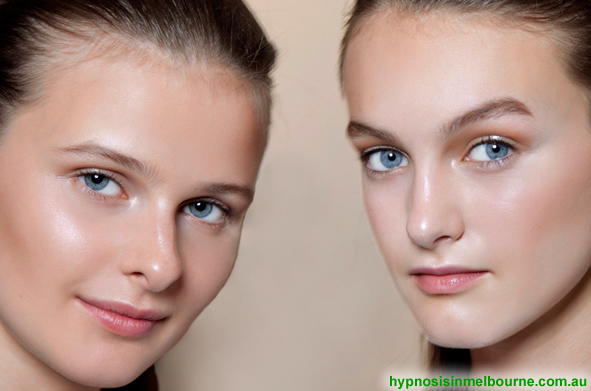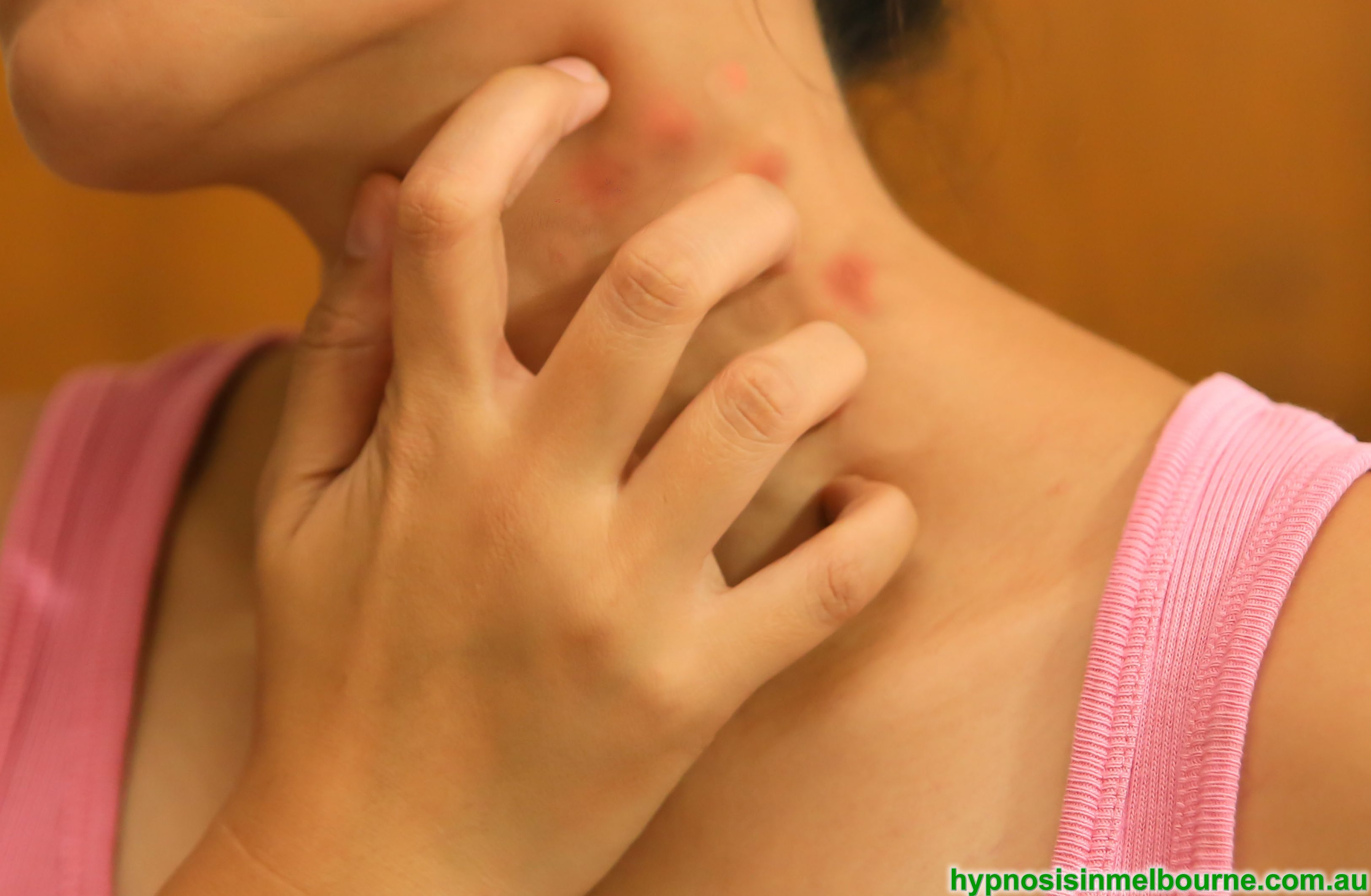Skin: The Stress Connection
Being under pressure doesn’t cause just the occasional blip of acne or fleeting rash—it can do a number on your skin’s ability to heal and fight off real trouble. The good news: There’s proof that mind-body treatments like hypnosis and biofeedback can work in your favor.

As I write this story, my deadline looms before me. Actually, to be accurate, behind me—it was yesterday. My phone just rang for the ninth time in an hour (my best friend—I’d better be on time for the party at 8). I wish I could reach into my computer screen and rip out that exclamation point flashing in the upper right-hand corner, a pulsating reminder of my rapidly filling in-box.

And now I feel the ominous tingle of a rash in the making just above my left eyebrow. Coincidence? Maybe. But increasingly studies show that stress—even the run-of-the-mill, day-to-day variety—can trigger or heighten skin problems, from small breakouts and inflammations to more serious, chronic conditions like psoriasis and eczema.
As hard evidence of this link accumulates, a growing cadre of doctors—many identifying themselves as psychodermatologists—are combining traditional skin treatments with psychotherapy, hypnosis, and meditation. An acupuncturist and a biofeedback therapist are part of the Yardley, Pennsylvania, practice of Richard Fried, MD, PhD, a dermatologist and clinical psychologist. A massage therapist and a psychiatrist are on staff in the office of New York City dermatologist David Colbert, MD, who says he sees patients every day with stress-induced skin problems.

In 2006 the University of Rochester Medical Center in New York opened a psychodermatology clinic that offers therapies including mindfulness meditation and hypnosis. There’s even an Association for Psychocutaneous Medicine of North America, consisting of both dermatologists and psychologists, which had grown from five members to almost 100 from 1991 to 2006. “Some people are prescribed the latest cream, and their skin problem goes away,” says Ted Grossbart, PhD, an assistant clinical professor of psychology at Harvard Medical School who specializes in skin disorders. “But sometimes that doesn’t happen. Now we’re recognizing this other set of resources you can tap from within—which is terrific news.”

